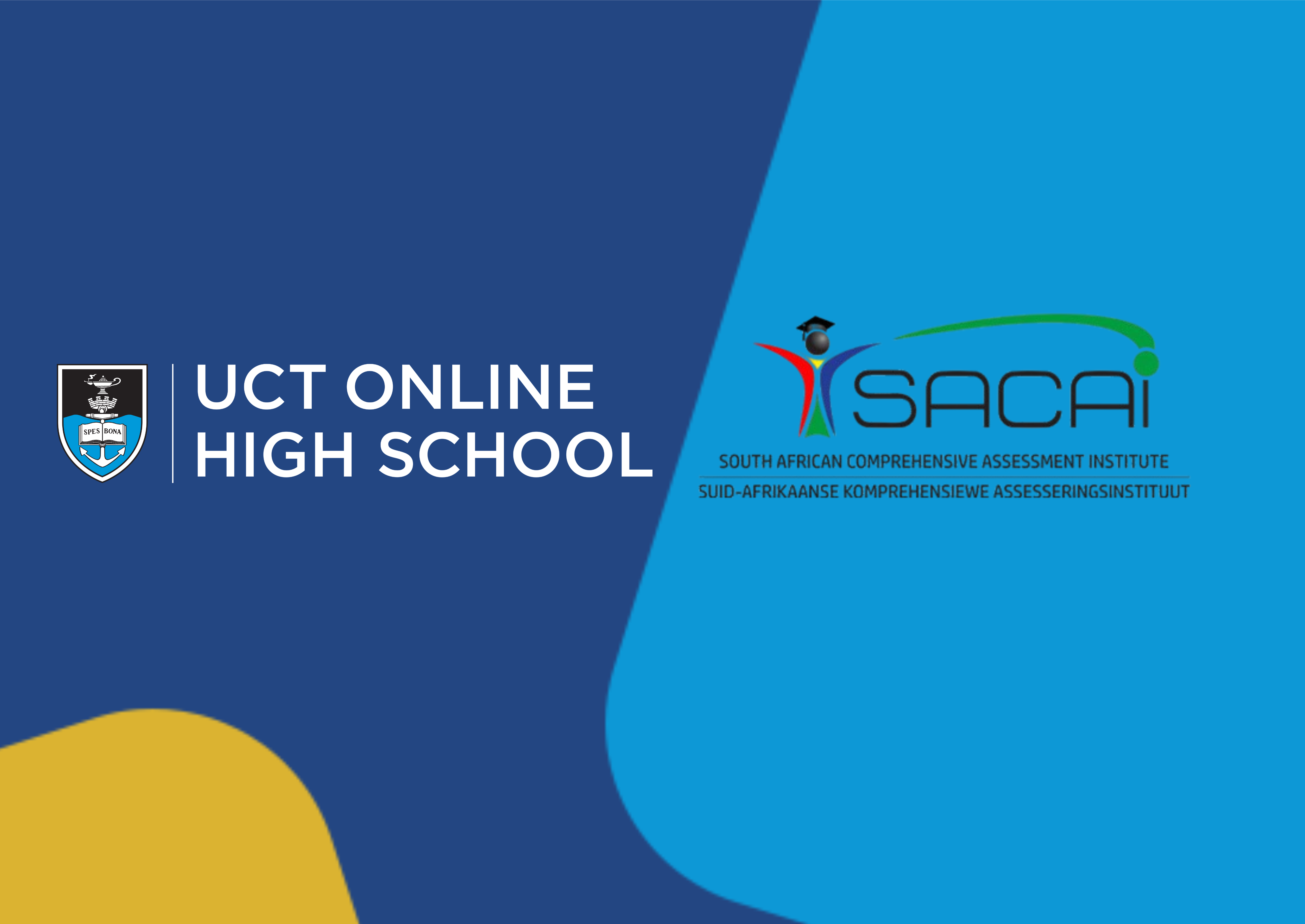It’s never too late to get your matric. So if you were unable to achieve your matric certificate while you were in high school, you have a second chance to further your education as an adult.
Having a matric qualification makes it easier to secure a job, and boosts your chances of earning a higher salary and gaining financial security for you and your family. In South Africa, there are two types of matric certificates you can achieve.
The first is the National Senior Certificate (NSC), which is the standard high school matric you receive when passing Grade 12 via the CAPS curriculum. The second is the Amended Senior Certificate (ASC), also referred to as the Senior Certificate. This is the equivalent of the NSC for adult learners. That’s why the ASC is sometimes referred to as adult matric.
The key similarity between the ASC and NSC is that they both follow the CAPS curriculum. While the certificates are related, they’re not identical. There are some key differences that are important to know before starting out on your ASC journey. Let’s dig in!
1. Age limit
The two certificates cater to different age groups. You must be 21 years or older when you write your ASC examinations. If you are still younger than this, you qualify to work towards your NSC qualification.
2. School enrolment
Unlike the NSC, which is obtained through high school studies, you don’t need to be enrolled with an educational institution to complete your ASC. The ASC is a self-study programme, and you can download or collect the CAPS curriculum and learning materials after registering with your provincial education office.
That being said, if you’d like to receive additional educational support as you work through the ASC materials, you can enrol in an adult learning programme – like the Adult Matric programme offered through UCT Online High School. When ready, you will need to register, on your own, with the Department of Basic Education (DBE) to write your final adult matric examinations.
3. Number of subjects
The two certificates have different subject requirements. Both require you to take two South African languages, one Home Language and one First Additional Language. However, you need to write exams for six subjects overall when completing your ASC (the ASC excludes Life Orientation as a subject). The NSC requires you to take seven subjects.
If you register to complete your ASC through an institution like UCT Online High School, you will also be required to complete maths or maths lit, in addition to compulsory language subjects.
4. Final marks
Since the ASC is a self-study programme, your final mark comes entirely from your exams. In comparison, learners completing the NSC are required to complete both internal and external assessments to obtain their matric qualification. Final results for each subject are made up of an internal assessment mark (25%) and an external assessment mark from the final exam (75%).
If you opt into a supported study programme for your ASC, you may be required to complete internal assignments to help you master the material. But this will not count towards your final mark.
5. Timeline
The ASC can take anywhere from one to two years to complete. Most adult learners complete the ASC part-time, so the length of time taken to complete it can be longer. The NSC takes three years to complete: in Grades 10, 11 and 12 of high school.
Learn more about the ASC
If you’re ready to take a second chance on yourself and register for your ASC, we’ve got you covered. Read our guide to the ASC and learn everything you need to know: from how to enrol to subject selection, and preparing for your exams.
If you want to explore the option of joining an adult learning support programme, UCT Online High School offers an Adult Matric programme that can help you on your journey. Start your application.




























